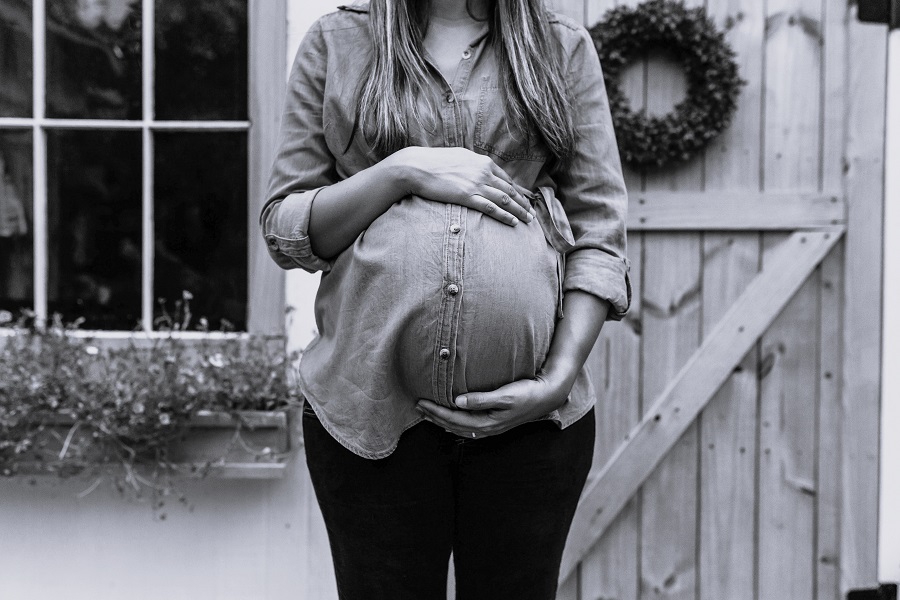I had lunch last week with a woman who is two months away from motherhood and it was sweet to watch her caressing the basketball under her blouse, patting it, lifting it slightly, mindful of this modest freight that will, she knows, change her life, though thankfully she can’t know how much. She and her man were married on my terrace in New York five years ago and when my wife and I sit out there, we sometimes think of them. A Korean man, a Portuguese woman, who met in Paris, married by our friend Judge Ira Globerman who grew up Jewish in an Italian neighbourhood in Brooklyn, so there was some diversity going on. He presided as a favour since they’d arrived from France and needed to be a legal couple before the visa ran out. They lived in Brooklyn and then wended up to a town in Connecticut. Her parents will come from Portugal for the birth.
It’s easy for me to romanticize pregnancy since I’ve never gone through it personally except from the inside when I was an embryo. I never walked around with a tenant inside me. So, I look at her and am awestruck to think that we all come into the world exactly this way, our thoughtful mother patting her abdomen as she eats like a farmhand. Family is family: when my grandma lay dying in 1964, she was faithfully tended by her daughters, not hospital staff. I came down the chute in 1942 in a big house on Ferry Street in Anoka, Minnesota, not long before my dad went into the Army. As a toddler, I was proud of him in his uniform, and I guarded his chair at the dinner table and wouldn’t let anyone sit in it. “Daddy’s chair,” I said.
And now, at lunch, I get the urge to live another ten years so I can witness this boy’s raising. “He will speak French as well as English,” the mother says. “He will have no choice about that.” Very well, but maybe I should be his Anglo uncle and sing him the songs my grandma sang to me, the one about the babes in the woods, and Susanna who came from Alabama with a banjo on her knee, and the old grey goose who died in the millpond standing on her head, the gander is weeping because his wife is dead.
His mother is a photographer and I love her work for its humour and gaiety. Coming from Europe with so much horrible history, she made a series of pictures in New York of a young woman viewing city scenes while holding a cluster of bright balloons. I liked one so much I put it on the cover of my book. The balloons represent joie de vivre, of course. My American photographer friends, growing up in the placid Midwest, don’t do joie, they do realism, black and white, some humour but also despair. I understand; I too grew up assuming that great art tends toward the dark side. But I want to sing “Oh, What a Beautiful Morning” to this boy when he gets his English in place and the one about the rockets’ red glare and the girl I met on Monday and my heart stood still, da doo ron ron ron da doo ron ron.
At lunch with a pregnant woman, you talk about ordinary life, family, summer, the food, the elation of the kids at the graduation we’d attended that morning and the pride of their parents, and we never set foot in politics at all. The naked ex-emperor is 77 and he is irrelevant to the life around us so it’s a pleasure to ignore him. By the time this boy gets around to studying American fascism, I will be gone from the world and unconcerned about the weaponization of falsehoods. But I want to leave something behind that this boy might cherish. I don’t expect him to read my novels. I only want him to know I existed and that I was capable of delight. E.g.––
We live by kindness and grace,
Good manners, books, an embrace,
Good water, good light,
A pencil to write,
And a bright orange stub to erase,
And yet I cannot forget,
Those great bawdy stories, you bet,
When we sat with good folks,
And told dirty jokes,
Until everyone’s trousers were wet.
God bless the child. I don’t know his name but I pray for him diligently day by day.








